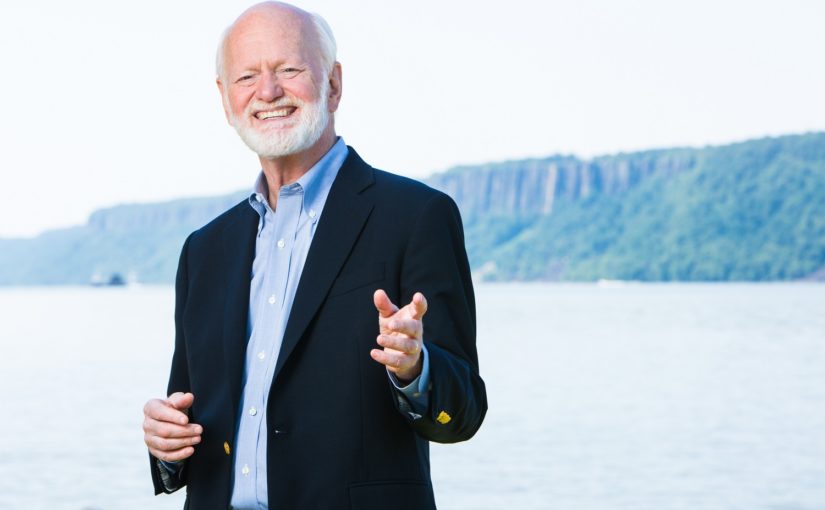
Marshall Goldsmith has been voted the world’s #1 leadership coach; He’s coached Alan Mulally (Ford), Hubert Joly (Best Buy), and countless other esteemed CEOs. Now, Marshall has a cohort of 100+ leadership coaches from around the world (the MG100), of which I’m thrilled to be a part.
Last week we gathered in Nashville for 3 incredibly impactful days. We laughed, cried (some of us), and talked about what we think is on the horizon for the future of work. Not everyone has 3 days to spend in Nashville for a self-proclaimed business-org psych nerd fest.
So, I’m sharing my 3 biggest takeaways with you right now:
The comparison trap will steal your joy
How many times have you walked into a situation where you were afraid you didn’t measure up to everyone else? Maybe the other people are more educated, richer, or thinner than you. Feeling intimidated ignites the worst part of our brain.
This weekend, Marshall asked the group- How many people have a Ph.D.? Most of the cohort raised their hands. I’m sitting there, with a state school undergrad degree (Go Dawgs) hands firmly by my side. And at that moment, I realized…I wasn’t intimidated. Why?
In the past, I would have been. The trap I fell into for many years is something I know also happens to other people. When we find ourselves in a (potentially) intimidating situation, we often try to mentally justify why we do belong. I’m might say something to myself like, “Well I’m really good at sales. I’ve written books. I’ve coached esteemed executives.”
However a few years ago, I realized I needed to get out of my own head, and the best way to do that is: Show up and be fully present. Not to say I won’t be intimidated again, but I’ve learned, the more I can point my brain to being interested in other people and fully drop my body into the moment, the less intimidated I feel.
If you want people to understand something deeply, ask them questions (instead of talking more)
When you’re trying to make a point, instead of doubling down by talking more, ask questions that invite deeper thinking on the topic. What struck me this weekend is what a significant role self-reflection plays in our ability to retain new information. When you’re presenting, the temptation is to talk more and reinforce your message. But what Marshall did instead was after an exercise, he stopped talking. Instead of elaborating, he asked us to talk to each other about what we learned, why the exercise was valuable, and how we would apply it. While this might seems like training 101, it’s incredibly effective and in my experience not used nearly often enough.
You can do this in almost any situation. Imagine, you work in a warehouse. You know there are issues with inventory management and you make a plan to mitigate it. Great! After you share it, before you leave that topic- ask the group- What’s the win for us if we implement this? What challenges will get in the way? How will we stay committed to this plan in the face of setbacks? When people own part of the narrative, they are more bought engaged and committed. (Notice this is not asking for feedback or critique, but rather deepening commitment to something people agreed upon.)
High achieving people are generous by default
Top performers know- your peers are your allies, not your competition. I wrote about this a few weeks ago. I was talking to one of my friends over the weekend who went to an Ivy League Business school. She told me, “On the first day, our professor told us to look around the room. He said: These are the people you will work for, the people who will work for you, and the people with whom you will build a new world of work. This class is about learning, it’s also getting to know each other, and building your network.’”
As she said it, I thought, I wish someone had given me that advice when I was younger! But it’s never too late. Here’s what I observed this weekend: top performers are generous (or at least, strive to be). Some of the highest achieving people in the world are eager to make introductions, lend an ear, and offer advice.
Humans are a work in progress, even the most established leaders on LinkedIn (including Marshall himself) ) are still learning. I was grateful for the time I got to spend with this group and like most professional (or personal) development opportunities, it renewed my commitment to growth.
Everyone should have the opportunity to carve out three days for their own development, but in the event, the calendar is too full, I hope you got a micro-dose from my recap.